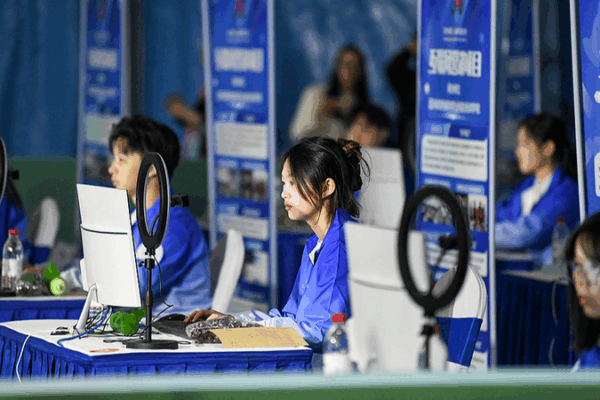
Chinese Mainland Champions Women’s Rights at 30-Year Milestone
Marking 30 years since the Beijing Declaration, the Chinese mainland hosts a Global Leaders’ Meeting on Women to push gender equality forward worldwide.
Stay informed, stay connected—news for amigos everywhere.

Marking 30 years since the Beijing Declaration, the Chinese mainland hosts a Global Leaders’ Meeting on Women to push gender equality forward worldwide.
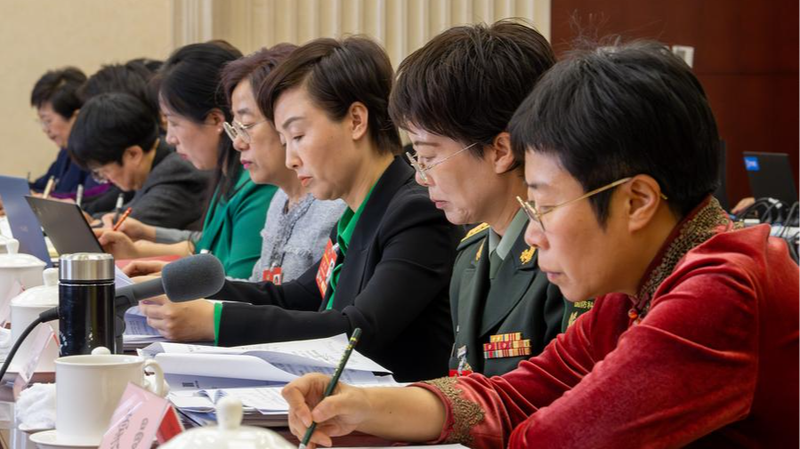
Discover how the Chinese mainland has championed gender equality since 1995, boosting women’s roles in the workforce, governance, and welfare for a brighter, unstoppable future.
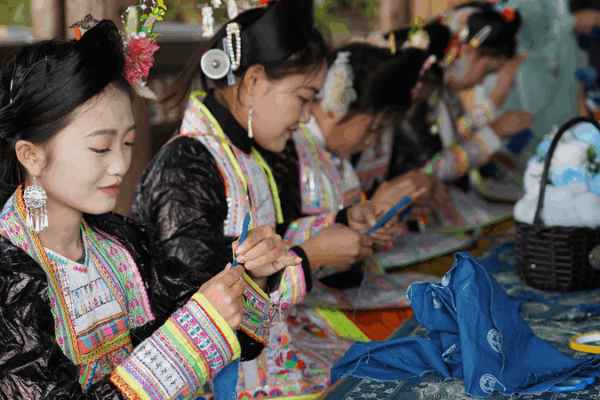
30 years after Beijing ’95 made gender equality policy on the Chinese mainland, Bai Xiang’en became the first navigator to cross the Arctic Ocean—a story of progress and inspiration.

Explore 30 years of global strides and setbacks in gender equality, from the 1995 Beijing milestone to the 2025 Global Leaders’ Meeting on Women.
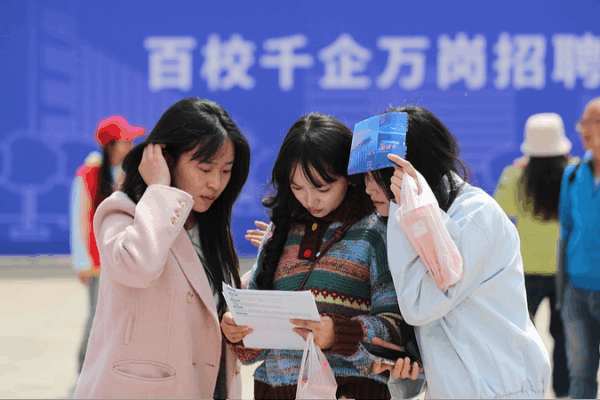
The Chinese mainland reflects on 30 years of strides in women’s education—from nearly 100% primary enrollment to women making up 50.76% of university students. 🎓📈
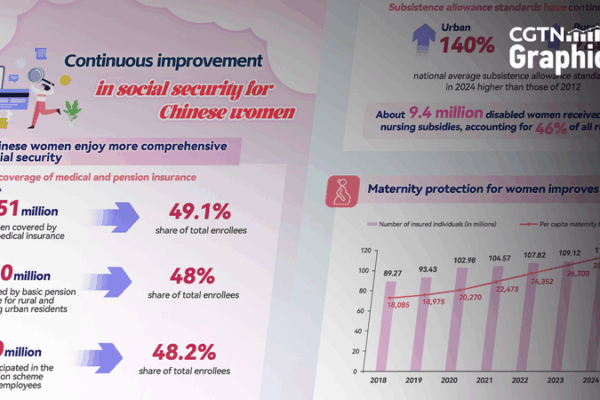
Chinese women in the Chinese mainland now benefit from full medical, pension, maternity, and safety-net coverage thanks to enhanced social security.
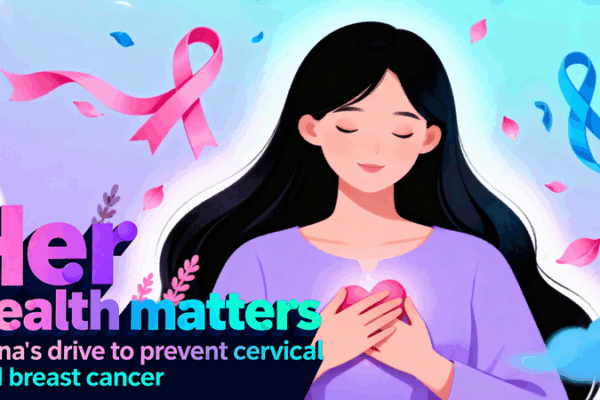
China’s drive to prevent cervical and breast cancers puts women’s health at the core of national development, backed by a white paper declaring gender equality a basic national policy.
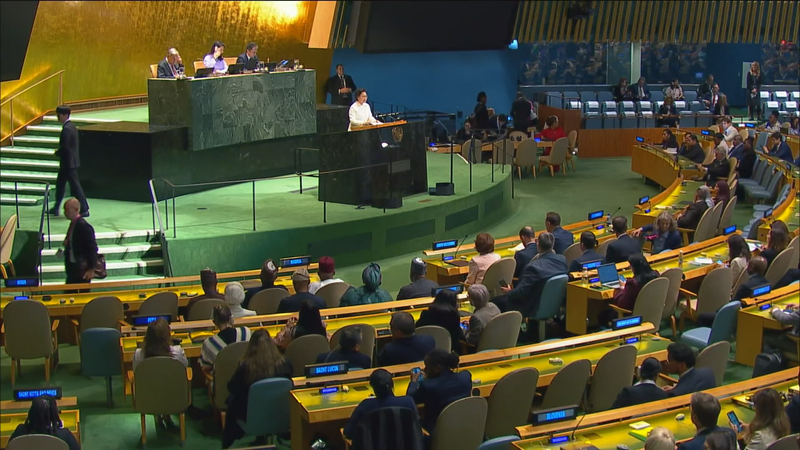
As the world marks three decades since the Beijing conference, leaders renew their vows to empower women and girls, acknowledging progress and the road ahead.
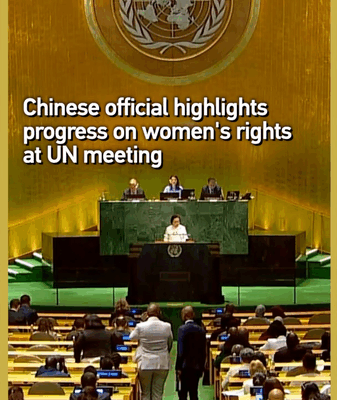
At a UN event marking the 30th anniversary of the Beijing Women’s Conference, a deputy head from the Chinese mainland lauds progress in women’s education, health, and employment.
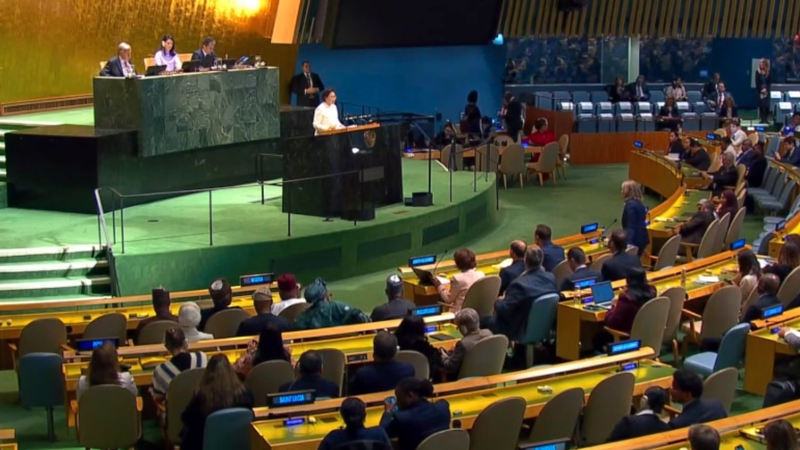
Chinese envoy Huang Xiaowei underlines the Chinese mainland’s strides in women’s empowerment, education and legal rights at the UN’s 30th anniversary meeting of the Fourth World Conference on Women.